The testimony below concerns a proposed King County, Washington Ordinance extending (with proposed modifications) county legislation governing homeless encampments, also known as “tent cities.” I have been following the operations of these camps for several years now and, with one exception, the camps have all been operated by a single non-profit organization known as the Seattle Housing and Resource Effort (SHARE). The central problem with the proposed legislation is that it allows SHARE to continue to operate in a legal twilight zone in which it can do essentially anything it wants to without being accountable to its hosts, to the police, to county government, or to the taxpayers.
I’m presenting this testimony to the Council in several stages, in both oral testimony at Council meetings and via e-mail. Below is the first of several parts. (Note, click on the links to see the full documents.)
Mary Bourguignon
Principal Legislative Analyst
Lead, Government Accountability & Oversight Committee
October 17, 2014
Re: Proposed Homeless Encampments Ordinance (2014-0424)
Dear Mary:
Attached are three documents I want you to share with the King County Council. There will be more in the weeks to come.
Attachment 1: My Oral Testimony to the Committee of the Whole on Monday, October 13, 2014.
Unfortunately, I did not get a chance to read the last paragraph to the Council because my time ran out. As you may know, after I gave my testimony, Mr. Dembowski vigorously denied my accusation that he had not responded to my concerns, but I will send you evidence in support of my claim. That’s for a future batch of documents.
Attachment 2: Bellevue Police Report From a July 1, 2014 Incident at Tent City 4 (15727 NE 4th ST, Bellevue)
I have redacted the name and address of the person requesting the file. I have also highlighted the parts of the file that are relevant to the question of where the camp operators stand on the question of cooperating with police. The highlighted areas show that the man in charge of the Tent City 4 (TC4) camp on July 1st – a man who identified himself to police only as “Marvin” – refused to help police investigate a drug overdose death at the camp. At least two investigators noted Marvin’s obstructive demeanor, and they further suggest that Marvin encouraged other people at the camp not to cooperate with police officials or the medical examiner’s office. Here’s a sample excerpt from the report:

“Marvin” – the boss of Tent City 4 – refuses to cooperate with police investigating a drug overdose death.
It’s important to remember that TC4 – like nearly all large homeless encampments in King County – is run by the Seattle Housing and Resource Effort (SHARE). It’s also important to understand that the “Marvin” in question here is almost certainly one Marvin Futrell, who has been employed by SHARE for several years as the on-site boss of one or another of SHARE’s operations. You’ll be hearing more about Mr. Futrell in a subsequent e-mail.
Significance of the Bellevue Police Report
The police report is important for two reasons. First, it shows that, notwithstanding the many glowing accounts of the secure, drug-free conditions at homeless camps that the Council has heard from SHARE supporters, drugs are getting into the camps and camp security is poor. Be aware that Mr. Wosser’s death is not the first drug overdose death that has occurred at a SHARE camp, nor is it likely to be the last. Second, the report shows that, far from helping officials to protect people at Tent City 4, SHARE staff actively obstructed those officials from doing their job. Local news stories from around King County have documented that SHARE refuses to give information on who is staying at their camps to government officials, even when that refusal puts camp residents and the public at risk.
Attachment 3: Summary List of 9-1-1 Responses To Nickelsville (May, 2011 through April, 2013)
I compiled this summary from three MS Excel spreadsheets the Seattle Police Department sent me in response to a public disclosure request. The list shows 104 police incident responses that happened at or near the (former) Highland Park location of Nickelsville. Nickelsville is a series of homeless encampments run by SHARE. In contrast to tent cities, Nickelsvilles are often unpermitted (that is, illegal) and they typically allow things that are not permitted under encampment legislation or local codes. For example, the Nickelsville encampment stayed in Highland Park for over two years illegally and didn’t leave until it was forcibly evicted by the City of Seattle in late 2013. Nickelsvilles in Highland Park and downtown Seattle have also allow children to stay there. (During Nickelsville’s stay in Highland Park, several children were removed by CPS and put into foster homes.)
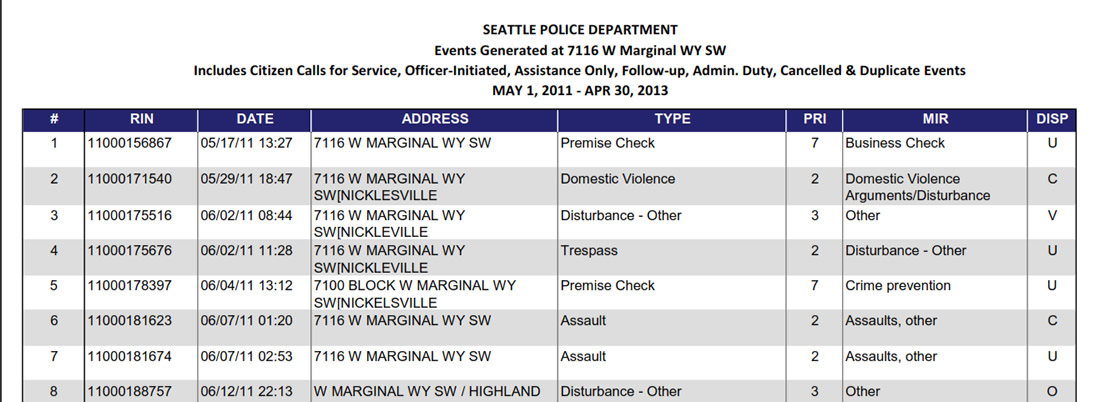
A report of SPD 9-1-1 responses at Nickelsville shows that homeless camps are not the tranquil places their supporters claim.
(Note: Even though Nickelsvilles are not always under the County’s jurisdiction, Nickelsville should always be on the County’s radar, and there are several reasons for that, the most important of which is that Nickelsville is run by SHARE, the same organization that operates tent cities. Another reason the County should care about Nickelsville – even when it’s not on County-controlled land – is that it usually ends up costing the County time and money anyway, as it did when the Health Department was forced to spend tens of thousands of dollars to ameliorate a rat infestation at the Highland Park location in late 2012.)
Significance of the Seattle Police Department Nickelsville summary report.
Just as the Bellevue Police report on the drug overdose death at Tent City 4 belies SHARE’s claims about drugs and security there, the SPD summary report belies SHARE’s claims to Nickelsville’s neighbors in Highland Park. Yes, SHARE told Highland Park residents – including me – the same lies they tell every other community: There are no drugs at Nickelsville, they said. There is no crime there. We will cooperate with the police to keep the bad people out . . .But it was all just pretty words. The reality was much less glamorous.
As I explained to the Committee of the Whole last Monday, the organization that runs these homeless camps has not acted in a reasonable or accountable fashion. There is no possible justification for refusing to cooperate with a police investigation, just as there is no reason for the citizens to tolerate a condition where drug dealers and other criminals use these camps as a refuge. In the weeks ahead, the Council is going to be hearing more from me on this matter, both via e-mail and in person, at the meetings. I have detailed, documented accounts of crimes committed by people at these camps. And worse: I have documented evidence of County officials lying to the press and looking the other way while the camp operator disregarded the law, along with numerous ethical violations committed by the camp operator and its employees.
As I said in my statement, until such time as the County can be assured that these camps are helping people get out of homelessness and the camp operators can be held accountable to the citizens for their actions, the County should not sanction even one more homeless camp within its borders.
Sincerely,
David Preston



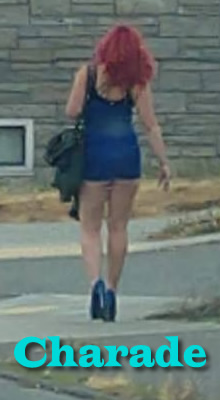
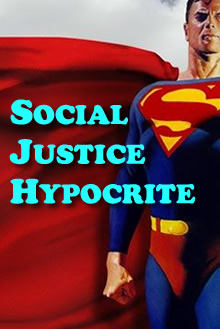


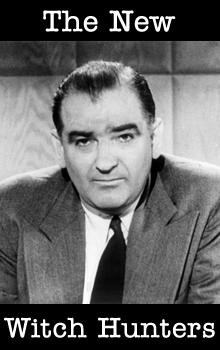




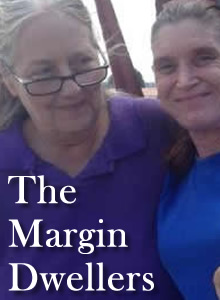




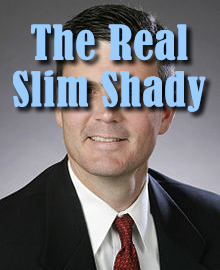


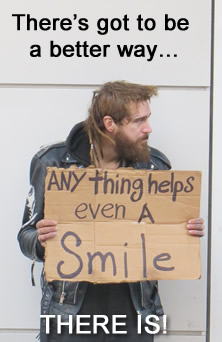
email address for all homeless facilities in king county wa